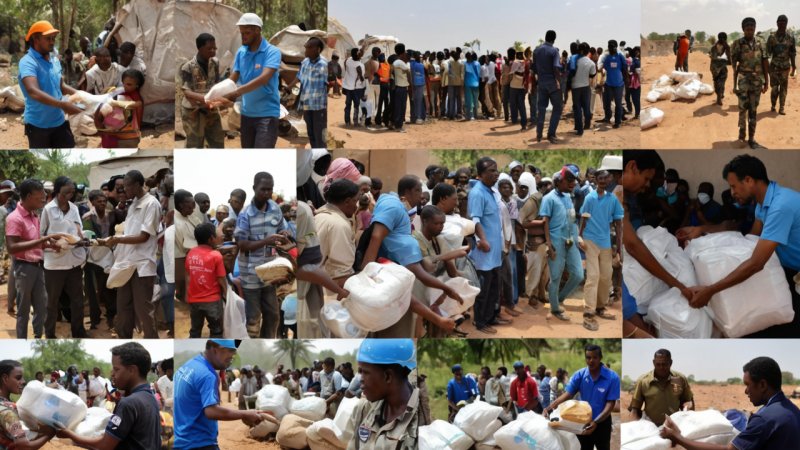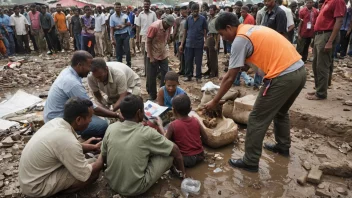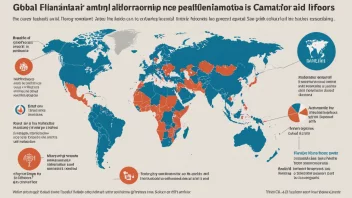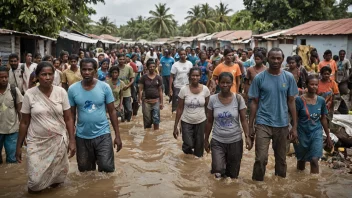What is international law in the context of humanitarian aid?
International law encompasses the rules and principles that govern relations between states and other entities. In the context of humanitarian aid, it provides a legal framework that ensures the protection of individuals in conflict zones and during disasters. This includes treaties, conventions, and customary laws that guide how aid is delivered, ensuring that it is done ethically and responsibly.
Why is international law important for humanitarian aid?
International law is crucial for humanitarian aid as it sets standards for the treatment of individuals in need, protects the rights of aid workers, and regulates the conduct of states and non-state actors during crises. It helps to coordinate efforts among various organizations and countries, ensuring that aid reaches those who need it most without interference.
What are some key international legal instruments that govern humanitarian aid?
- The Geneva Conventions: These treaties establish the standards for humanitarian treatment in war, protecting those who are not participating in hostilities.
- The Convention on the Rights of the Child: This outlines the rights of children and emphasizes the importance of protecting them during emergencies.
- The Guiding Principles on Internal Displacement: These provide a framework for protecting and assisting internally displaced persons.
- The International Covenant on Economic, Social and Cultural Rights: This emphasizes the right to an adequate standard of living, including health and education, which is especially relevant in humanitarian contexts.
How does international law protect humanitarian workers?
International law protects humanitarian workers through various legal frameworks that aim to ensure their safety and security. This includes provisions that prohibit attacks on aid workers and establish their rights to access affected populations. Violations of these protections can lead to accountability measures against perpetrators.
What challenges does international law face in humanitarian aid operations?
Despite its importance, international law faces several challenges in humanitarian aid operations. These include:
- Non-compliance: Not all states or actors adhere to international laws, which can jeopardize the effectiveness of aid.
- Political obstacles: Geopolitical interests can interfere with the delivery of humanitarian assistance, complicating legal enforcement.
- Lack of awareness: Some aid workers may not be fully aware of their rights and protections under international law.
How can individuals and organizations support the role of international law in humanitarian aid?
Individuals and organizations can play a significant role in supporting international law in humanitarian aid through various means:
- Advocacy: Raising awareness about international laws and advocating for compliance can help strengthen protections for aid workers and recipients.
- Training: Providing training for humanitarian workers on international law can empower them to operate safely and effectively.
- Collaboration: Working with legal experts and organizations that focus on international law can help enhance the effectiveness of humanitarian operations.
What is the future of international law in humanitarian aid?
The future of international law in humanitarian aid will likely involve ongoing adaptations to address emerging challenges such as climate change, new forms of conflict, and technological advancements. Continuous dialogue and collaboration among states, organizations, and civil society will be crucial to reinforce the legal frameworks that protect vulnerable populations.
Final Thoughts: Understanding the role of international law in humanitarian aid operations is essential for ensuring that aid is delivered ethically and effectively. By supporting compliance with these laws and advocating for their importance, we can help protect those in need and the individuals working to assist them.






